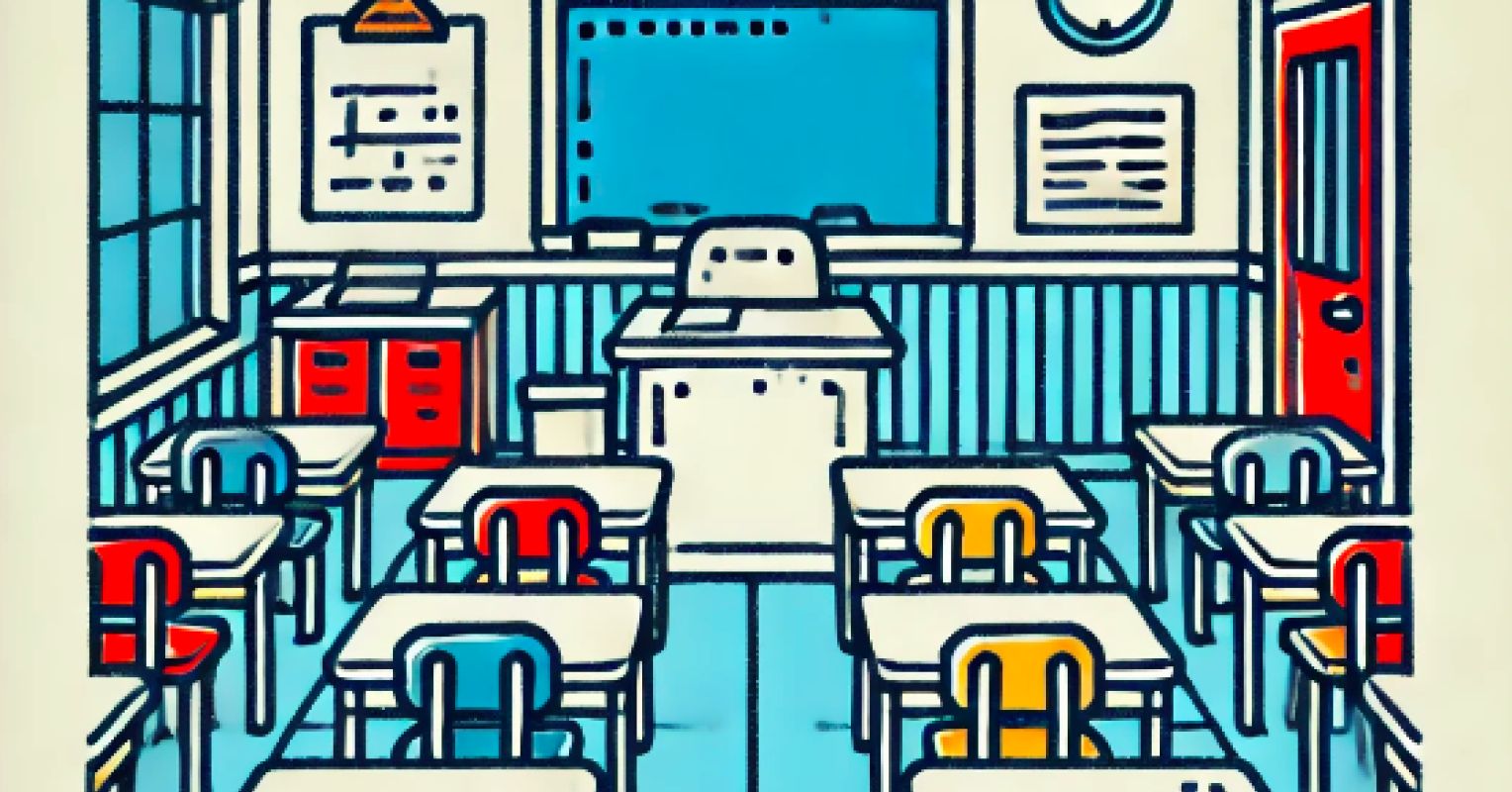Sharing meals with others can give us a lot of joy and pleasure. Whether that’s special meals like holiday dinners or simple brunches with family on lazy Sundays, the meals we have with other people are about so much more than just consuming food. We also show others that we care for them by eating together.
Because sharing meals is so important for people, numerous food norms have evolved to make the dining experience pleasant for everyone. To many of us, these norms are so ingrained that we hardly stop to think about them. For example, people around the globe follow food norms such as chewing with one’s mouth closed, not leaving the table mid-meal, or not taking more than one’s share from a shared dish.
New Research
One norm around eating together has been especially interesting to my colleagues Anna Paley and Irene Scopelliti, and me. We’re talking about the norm of waiting to eat if you’ve received your food in a restaurant or even at friends’ tables, while others are still waiting for their food. We’ve all been in that situation: Our hungry selves watch our delicious meal getting cold, but we don’t want to start eating until everyone else has been served, too. What’s funny about this norm is that we usually wait patiently (at least outwardly…), but whenever the situation is reversed and others wait for us to get their food, we tell them to just go ahead and start. Why are we so squeamish about starting when we tell others to do just that? Our research offers an answer to this paradox.
In several studies with thousands of North American online participants overall, my colleagues and I found that people think they themselves should wait when they get their food first, but they think their dining companion should go ahead and eat when roles are reversed. This difference emerges because people feel they themselves benefit from waiting by feeling polite and by not being observed eating by the person without food. Although they benefit from waiting, they believe their companion would benefit from waiting to a much lesser extent if roles were reversed. In other words, we wait because it makes us feel polite, but fail to realize others would feel exactly the same way. This is why we want to wait, but see no reason for others to wait and watch their food get cold.
A Middle Ground
If we mainly follow this norm to be polite but don’t really mind when others go ahead and start, is it time to retire the norm? Our research suggests a more nuanced approach to the norm. Since we now understand that this norm exists primarily for psychological comfort rather than practical necessity, we can be more intentional about when to follow it.
Maybe a middle ground is a good solution, and here are some evidence-based guidelines: We can wait for a bit when it’s not too painful (e.g., the wait does not seem too long or the food won’t suffer). For example, if we’re having a salad that doesn’t get any colder anyway, we can wait to feel polite and avoid the awkwardness of being watched eating. However, when waiting comes at a cost, such as when we’re ravenous or when we have the kind of food that doesn’t tolerate waiting (think hot brownie with vanilla ice cream), we should give ourselves permission to just go ahead. In that case, we should know that this is the one time where our dining companions likely mind far less than we imagine, especially if they have encouraged us to begin eating.



